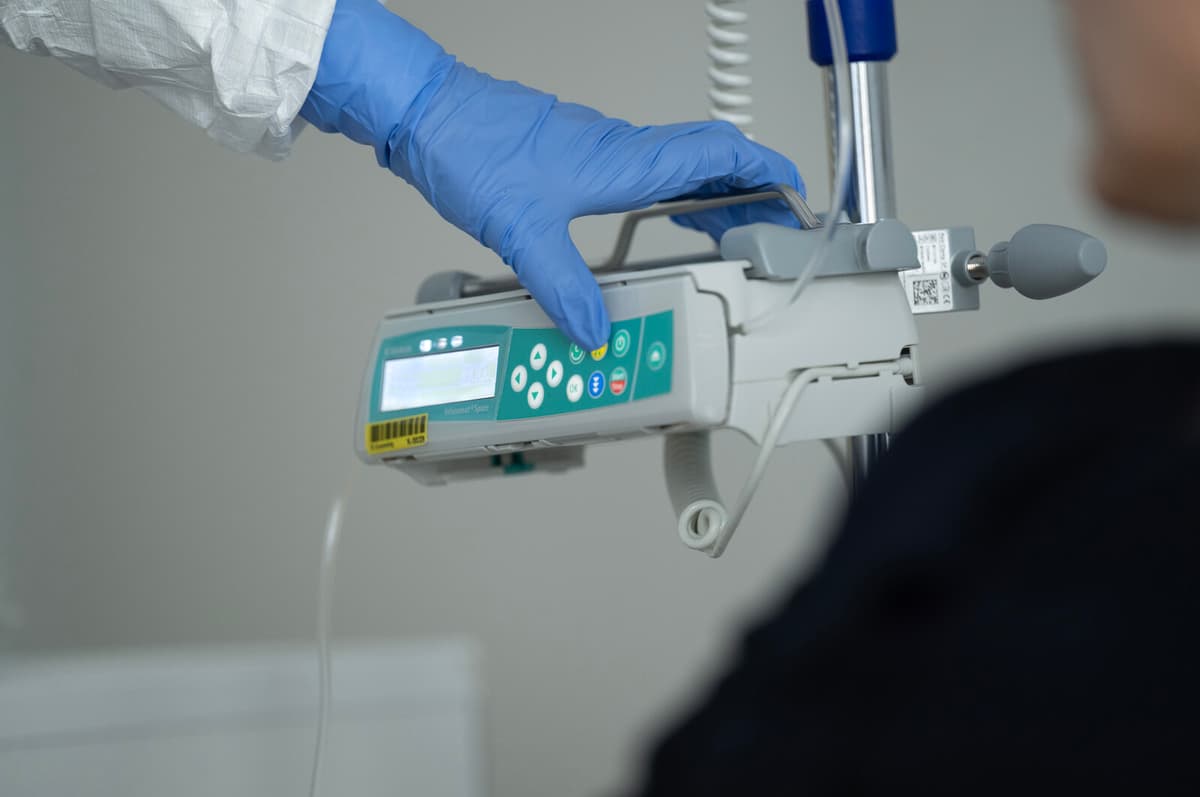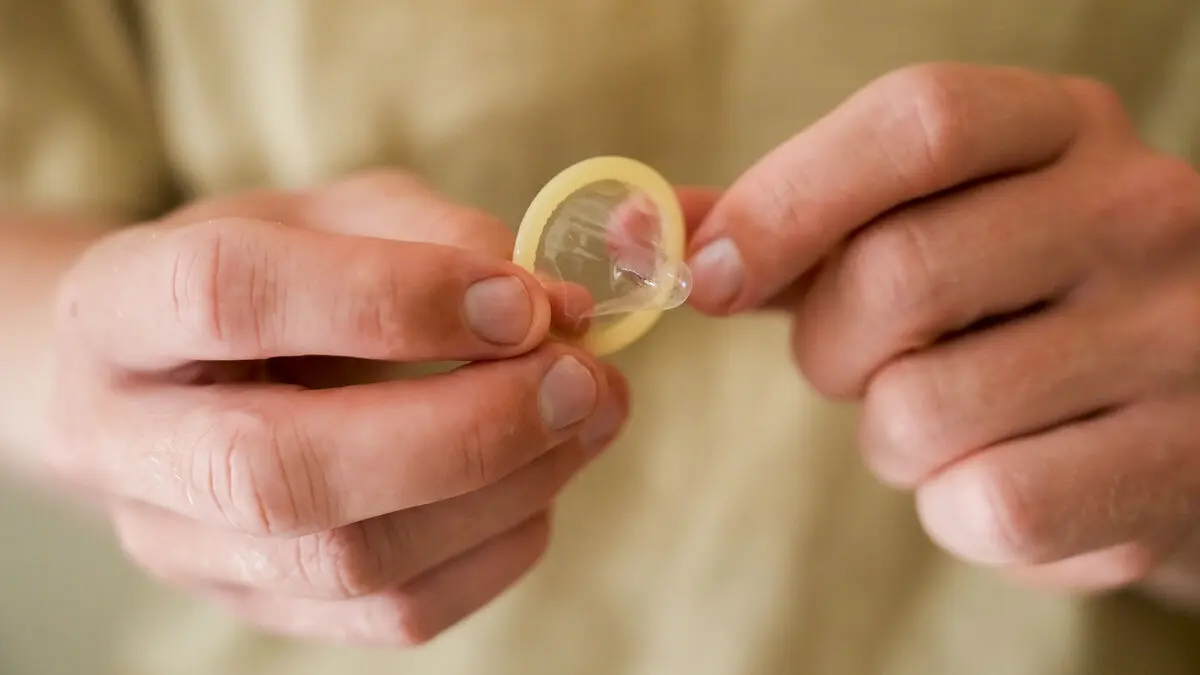It is not the first time a person with type 1 diabetes gets insulin-producing cells transplanted. But it is the first time researchers have tested a variant where certain genes in the cells have been changed, reports Dagens Medicin.
This means that the recipient's immune system does not attack the foreign cells.
Normally, the person who receives the cells transplanted needs to be treated with immunosuppressive drugs for life. Today, the treatment is therefore only used on patients who have a particularly severe variant of type 1 diabetes or those who also need to receive a new kidney.
Now, the new cell therapy has been tested on a 42-year-old man who has had poorly controlled type 1 diabetes. The results are published in New England Journal of Medicine and after three months of follow-up, the treatment seems safe. In addition, the new cells survive and produce insulin.
Even though we expected these results, it feels fantastic that it works. This is a potential gamechanger for the treatment of type 1 diabetes, says the first author Per-Ola Carlsson, professor of medical cell biology at Uppsala University and chief physician at Akademiska sjukhuset to Dagens Medicin.






